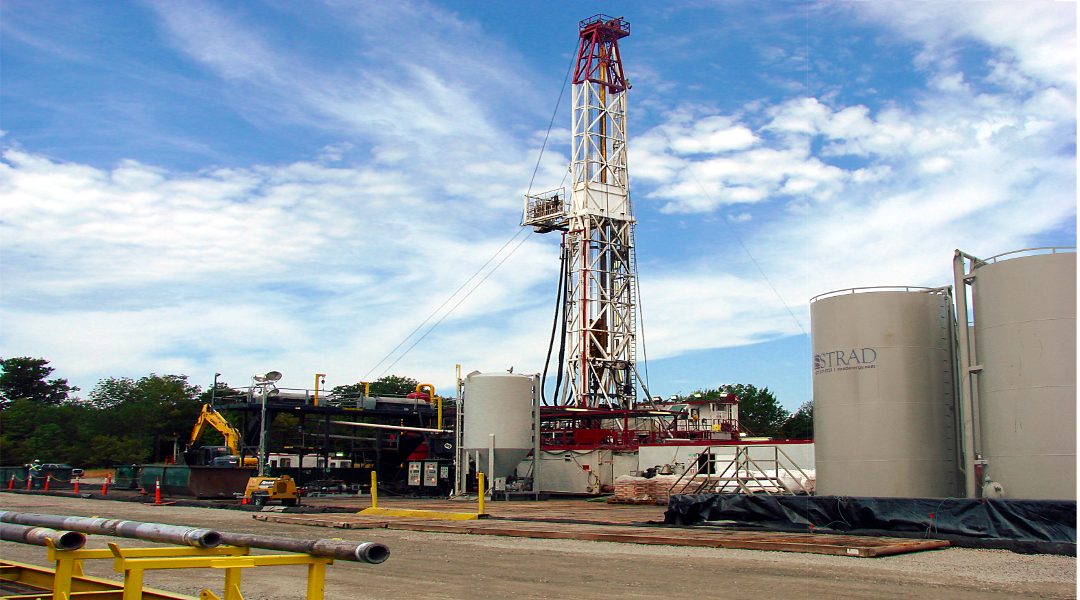Unconventional oil and gas (UOG) extraction using fracking can damage groundwater, a crucial resource in many countries. Protecting groundwater will become more urgent as climate change and population growth increase pressure on water demand, especially in water-scarce countries. But despite the strategic importance of groundwater, it is often poorly protected during UOG extraction.
There are many reasons for this. In countries where UOG extraction is novel, such as South Africa and Romania, regulators may have a poor understanding of the technology and its potential negative environmental effects. In such cases, regulators could fail to properly protect groundwater resources. Advancements in UOG extraction technology also occur at a rapid pace, so that regulations to protect the environment and human health often lag behind.
In the US, the world leader in UOG extraction, many states regulate fracking under a patchwork of regulations — some specific and prescriptive, others vague and general. This leads to uncoordinated regulation of UOG extraction activities that can pollute groundwater resources across state borders. Here, a standardized federal regulatory approach could prove useful. Apart from poor or uncoordinated fracking regulations, limited human and financial resources capacity can also curtail proper enforcement of fracking regulations.
In a recent WIREs Water review, a regulatory framework with specific regulations for countries that are considering UOG extraction but do not yet have regulations or are in the process of developing them is recommended. The study’s authors considered three types of regulation (command-and-control, market-based and voluntary) in countries where UOG extraction is allowed, to identify the best suite of regulations to protect groundwater resources during this process. A regulatory framework is proposed that includes both ‘hard’ command-and-control regulations and ‘soft’ market-based and voluntary regulations.
To ensure the success of fracking regulations to protect groundwater resources, it is however very important to require public disclosure of UOG operations and to store this information in publically accessible databases. This would allow for independent scientific review of data by academia and the private sector, in addition to government scrutiny of the data. These parties can then make recommendations to government, allowing timely and appropriate adaptive management and the amendment of regulations as necessary.
Most importantly, these regulations must be properly enforced to avoid (in some cases irreversible) damage to groundwater resources.
Kindly contributed by the authors (Surina Esterhuyse, Danie Vermeulen, and Jan Glazewski)

















